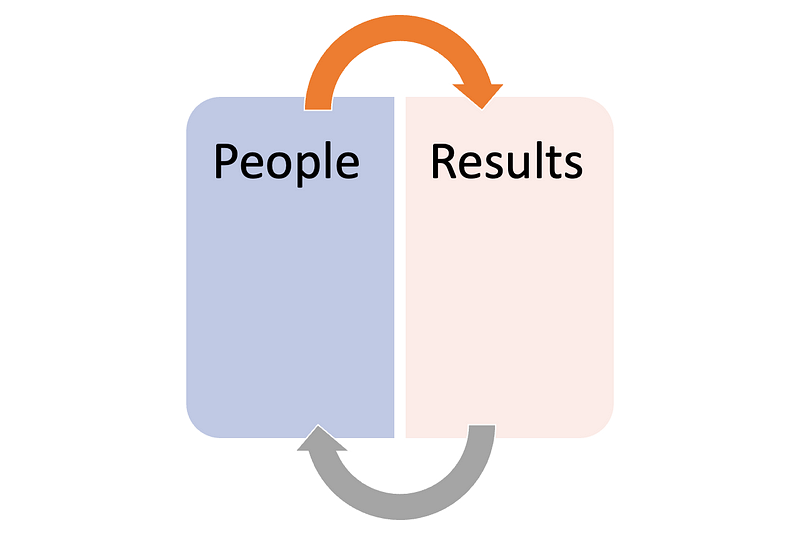Good to Great: The Most Overlooked but Critical Skill of a Leader

What’s the role of a manager?
When I ask this question to interview candidates, many of them answer this along the lines of: “A managers is responsible for leading people and getting work done through them.”
Fair enough. And what is the role of a great manager?
To this question, there is usually a pause or a blank stare.
A manager is more than just someone tasked to get work done. While it’s true that you need managers to coordinate work, assign duties, track progress, etc. But a great manager is looking at more than that. In my view, a great manager looks to develop their people.
Try this activity with your managers: ask them about a time or experience they most enjoyed as a leader in the past year. More often than not you will hear responses like these:
- I enjoyed grooming and enabling my teams into a self-sufficient, high-performing teams
- I enjoyed working with my team members on their growth and development, which helped them to excel in their roles
- I enjoyed the process of growing together with my team, learning from each other, and delivering complex projects
- I enjoyed growing leaders under me who ultimately took over my role, and helped me to explore new exciting opportunities
Did you notice the common thread in all those responses? Results are important. Customer success is important. But the thread the connects all of these is the people. Ultimately it is the people that make or break a business.
The relationship between People and Results
Leaders have power and influence, and true leaders use these to positively develop their organizations while delivering on business results. True leaders have their people in front and center, and carve their strategies around the people. Yes, organizations should ruthlessly focus on results, but it is not possible to do that unless you have the right people, with the right attitude and engagement.
“The conventional definition of management is getting work done through people, but real management is developing people through work.” — Agha Hasan Abedi

Most managers think unidirectionally when it comes to people:
- Who will be the right fit to lead this project?
- What skillsets are required to successfully deliver this project?
- Who should be promoted?
- etc.
But they fail to consider the other side of the story:
- What opportunities does this project present for my team’s development?
- How can this project help person A to hone their skills?
- How can this project provide leadership opportunities for person B?
- etc.
Great leaders look at the relation between People and Results bidirectionally. They understand the importance of developing their people, which will help them to deliver even greater results in the future.
Conclusion
As a leader you need to think about not just how to best leverage your team and your resources, but how you can continue to develop your team over time. You need to think long-term rather than project to project, and have a vision for your team and your division. You need to pitch for projects that bring more opportunities for your team to develop and grow, so they can deliver even bigger and better in the future.
What is your experience with developing people and their impact on the business results? Share your comments and stories below!
Like my writing?
If you liked this post, I would appreciate some claps👏 as a form of encouragement. Thank you!
To read similar content you can follow me (Gaurav Jain) and subscribe to get these posts delivered directly to your Inbox. Check out my profile for other ways to connect with me.
Feedback is a gift! I would love to hear your thoughts and suggestions in the comments below 🙏
